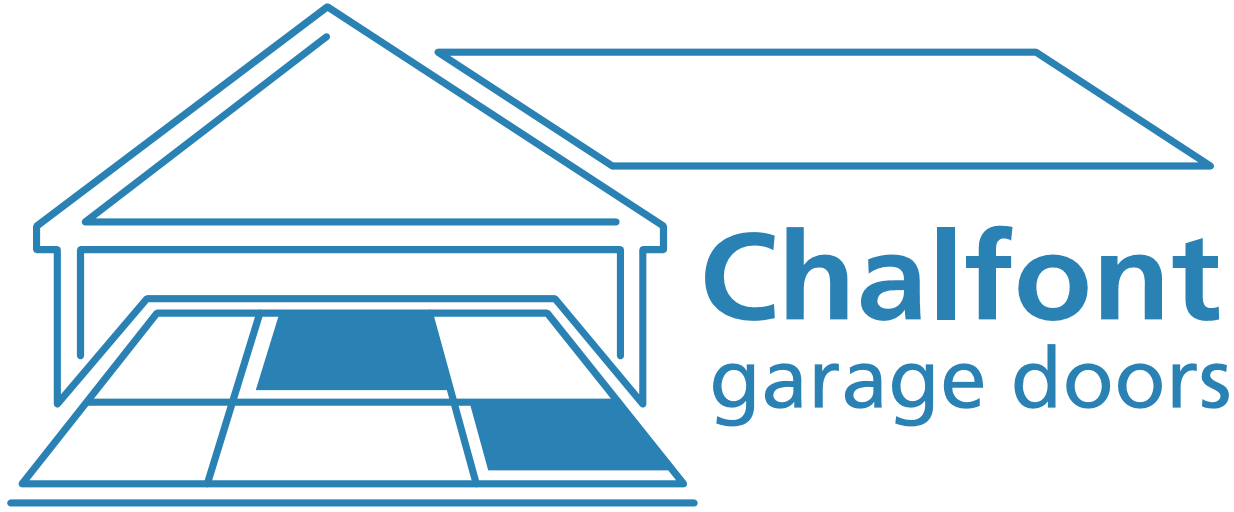FAQ section with in-depth answers based on industry standards, competitor research, and technical best practices.
Garage Door Installation & Replacement
The installation time depends on the door type, size, and any additional features (e.g., automation). A standard single garage door (up to 7ft wide) typically takes 2–4 hours, while a double garage door (up to 16ft wide) may take 4–6 hours. Factors like removing an old door, adjusting tracks, or installing insulation can extend the time. Our team ensures a fast, professional installation with minimal disruption.
Sometimes, but not always. If your existing tracks are in good condition and compatible with the new door (same type, size, and weight capacity), you may reuse them. However, worn, bent, or outdated tracks can cause alignment issues, noise, and safety risks. We recommend replacing tracks when upgrading to a heavier or modern door (e.g., switching from manual to automated).
We provide three options:
- Supply & Fit– Full service, including door delivery, old door removal, and professional installation.
- Supply Only– Purchase the door from us, and install it yourself or hire a third party.
- Fit Only – If you already have a door, our engineers can install it for you.
Note: Self-installation is only recommended for experienced DIYers, as improper fitting can void warranties.
Garage Door Repairs & Maintenance
Common causes include:
- Broken Springs(most frequent issue; torsion springs last ~10,000 cycles).
- Faulty Motor/Opener– Check power supply, batteries, or circuit breaker.
- Misaligned Tracks– Can jam the rollers.
- Damaged Cables– Often linked to spring failure.
- Safety Sensor Issues – Dirty or misaligned sensors prevent operation.
We offer 24/7 emergency repairs for urgent issues.
At least once per year. A professional service includes:
- Lubricating hinges, rollers, and tracks.
- Checking spring tension and cable wear.
- Testing auto-reverse safety features.
- Inspecting seals and insulation.
Neglecting maintenance can lead to costly repairs—e.g., a snapped spring can damage the door panel.
Torsion springs must be replaced when worn or broken—they cannot be safely repaired due to extreme tension (200+ lbs of force). We use high-cycle springs (30,000+ cycles) for longer lifespan. Warning: Never attempt DIY spring repairs—it’s extremely dangerous!
Garage Door Types & Materials
Each material has pros and cons:
- Steel– Most popular; durable, low-maintenance, and affordable. Choose galvanised steel to prevent rust.
- Timber– Aesthetic appeal but requires staining/sealing every 2–3 years. Best for period homes.
- Aluminium– Lightweight, rust-proof, and modern (ideal for contemporary designs).
- GRP (Fibreglass) – Resists dents and salt corrosion (good for coastal areas).
Yes, especially if your garage is attached to your home or used as a workspace. Benefits include:
- Energy savings– Up to 70% less heat loss non-insulated doors.
- Noise reduction– Ideal if you have a home gym or workshop.
- Durability – Insulated steel doors resist dents better than single-layer ones.
We recommend 40mm+ polyurethane insulation for maximum efficiency.
Absolutely! We offer bespoke designs with:
- Material choices(timber, steel, glass panels).
- Colour matching(RAL shades to complement your home).
- Window options(frosted, decorative, or reinforced glass).
- Unique sizes (for non-standard openings).
Lead time: 4–6 weeks for custom orders.
Automation & Security
Consider:
- Drive Type:
- Belt-drive– Quietest (ideal for homes).
- Chain-drive– Affordable but noisier.
- Screw-drive– Low-maintenance (fewer moving parts).
- Power– ½ HP for single doors; ¾ HP for heavy double doors.
- Smart Features – Wi-Fi, voice control (Alexa/Google), or battery backup.
Yes! Systems like LiftMaster MyQ or Hormann SupraMatic allow:
- Remote opening/closing via an app.
- Real-time alerts if the door is left open.
- Integration with smart home hubs.
Requires a Wi-Fi gateway (we can install this for you).
Modern systems include:
- Rolling-code tech– Prevents code grabbing by thieves.
- Auto-lock bolts– Engages when the door closes.
- Tamper-proof frequencies – Blocks signal jamming.
For added security, pair with a manual locking bar.
Costs & Warranties
Prices vary by material and size:
- Single door:
- Steel: £600–£1,200(standard) | £1,500+ (insulated, custom).
- Timber: £1,200–£2,500.
- Double door:
- Steel: £1,000–£2,000 | Timber: £2,000–£4,000.
Includes installation; automation adds £300–£800.
Yes! Options include:
- Interest-free credit(e.g., 12–48 months via Klarna).
- Monthly instalments (spread over 2–5 years).
Subject to credit approval; ask for a personalised quote.
- Doors: Up to 10 years against manufacturing defects (steel/timber).
- Installation: 5-year guarantee on workmanship.
- Openers: 2–5 years (brand-dependent).
Terms apply; register your warranty post-installation.
